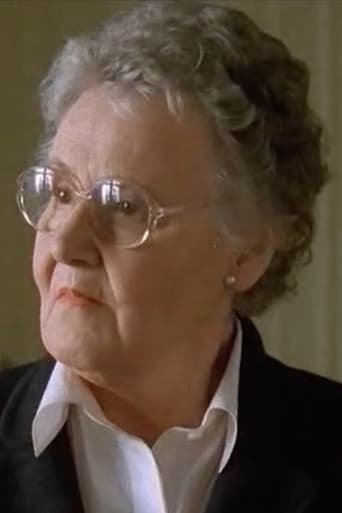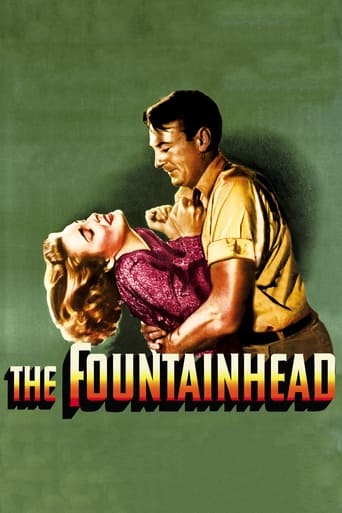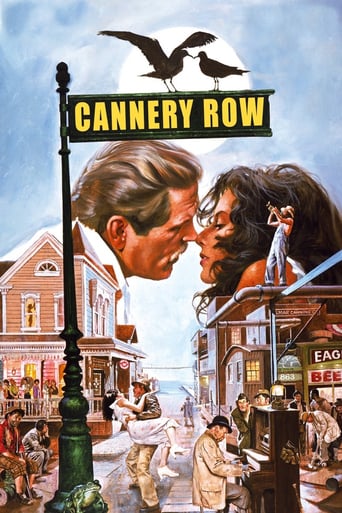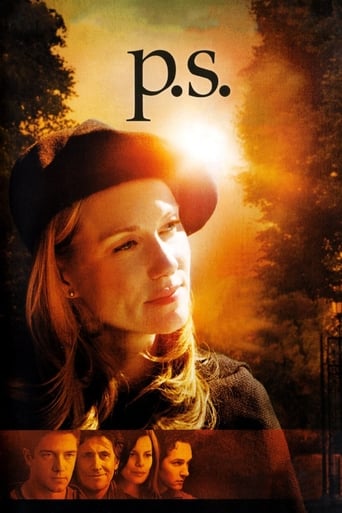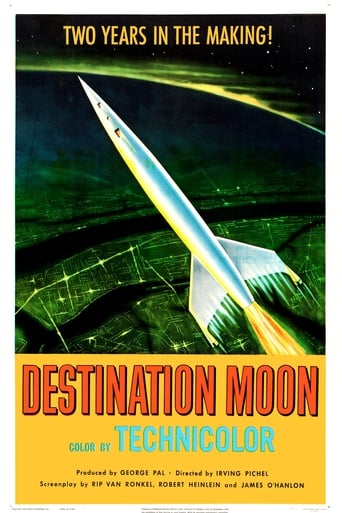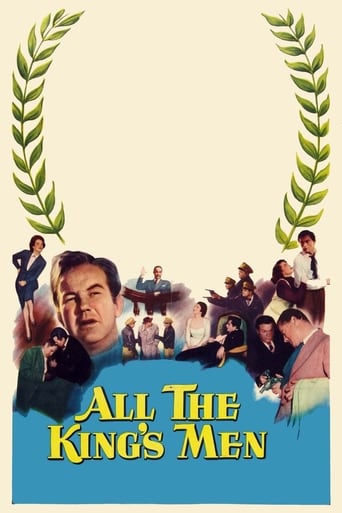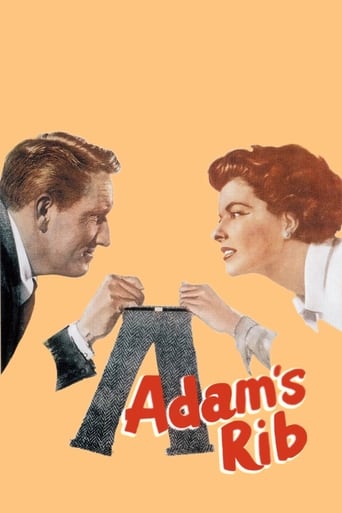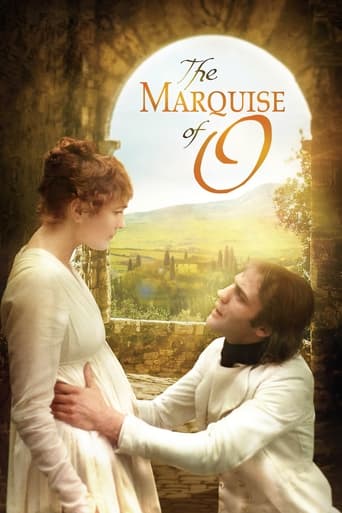
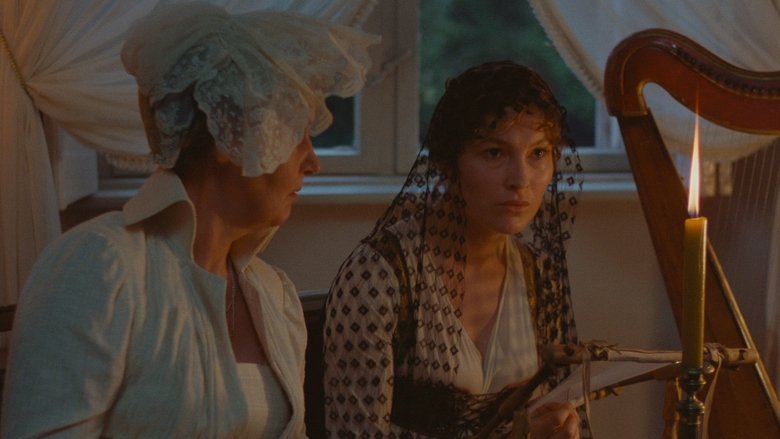
The Marquise of O (1976)
A German Marquise has to deal with a pregnancy she cannot explain and an infatuated Russian Count.
Watch Trailer
Cast


Similar titles
Reviews
everything you have heard about this movie is true.
If the ambition is to provide two hours of instantly forgettable, popcorn-munching escapism, it succeeds.
The film makes a home in your brain and the only cure is to see it again.
It is an exhilarating, distressing, funny and profound film, with one of the more memorable film scores in years,
I hadn't ever seen a rape comedy before, but after my first viewing of The Marquise of O I have to admit that that is, indeed, what I have seen... and it made me laugh sometimes and sit, in horror, others. I hope you understand, before you question my moral or intellectual composure, that I try as often as possible to take films and characters seriously within their own context. I am that guy that gets angry when people laugh in movies like 2001: A Space Odyssey and There Will Be Blood, and yet The Marquise of O seemed somehow different. I wasn't the only one laughing in the theater.The premise is simple, provided you live within the mindset of an early 19th century aristocrat (there lies the comedy): a Russian Lieutenant, in the midst of battle against the Germans, saves the German Commander's daughter from being raped by his own troops, only to rape her in her room later in the night after she has taken a sleeping potion. This is only implied, but the rest of the film will consist of the Russian Lieutenant making strange and semi-obvious attempts to somehow right his own wrong, as The Marquise struggles to understand and deal with her seemingly random pregnancy.I can only imagine that, to Eric Rohmer, this story must have represented the absurdity of the times, and he makes no attempt to sugar coat it or even explain it to the audience. From the incredibly polite beginning battle sequence to the awkward incestuous displays of affection, you are forced to accept what seems to you to be ridiculous circumstances... Then comes the reaction to her pregnancy: a long scene in which you simultaneously connect with, feel, and understand her pain, while giggling at the wild opinions and questions that ensue. To us, her pain is real, but her life seems fake, even though it has been real at one point.It helps that the film is played straight and acted beautifully. As always, Rohmer has a perfect eye, and many others have pointed out Nestor Almendros's cinematography, which enlightens the already hypnotic imagery. I suggest you check it out if this all sounds good to you. I hope I didn't offend anyone, but this film is so strange I feel it has to be talked about.
This Franco-German co production is the weakest of Rohmer's historical movies (a group of films that includes such accomplished works as The Lady and the Duke, Perceval, and Triple Agent), perhaps because its subject matter seems hopelessly dated. Based on a novel by Heinrich Von Kleist and set during the Napoleonic wars, it tells the tale of a young marquise rescued during an assault to his estate by a brooding count (a young Bruno Ganz). Unfortunately, from that brief encounter the marquise gets pregnant, a huge problem during that time and on account of her position in society. Aside from a dated central conflict, the film is also dull and static, without the redeeming dialogue and interaction between the actors that one sees in other Rohmer films. The director, by the way, plays an amusing cameo as a French general.
Spoilers herein.Greens and ochres. Germans and Russians. The expected disguised as mystery. I am beginning to appreciate the profound power that films have to define life today. I became interested in this film for two reasons. (It is my initial Rohmer.) The first is that it is about the influence of image on society using modern film but set in a time before film images had any power. So the images are from painting. Rohmer is a film intellectual, perhaps so aggressively so the term has no meaning. At any rate, I knew what he intended this film to be about: ideals, film and consequences.The second reason this got bumped up on my list is because I admire Greenaway's ideas on vision and soul. And HIS list of the ten best films includes this one! I can definitely see why superficially. This is a very paintery experience: extremely composed. Every action has physical grace which defines the story: one can easily watch it with no sound.The story is in the manner of a German Austen adapted for the stage -- it is a little too `Bulwer-Lytton'-ish for my taste, and Greenaway's too to judge by `Draughtsman's Contract.' The camera is in the manner recently seen in `Mood for Love.' Languid.
What can I say about Rohmer? the guy's a cinematic genius. Who else can capture so much reality out of situations that in most directors' hands would be nothing but facile theatricality that exhausts itself in one viewing? Rohmer's best films stand up to endless viewings, in fact, they're so detailed and well thought out, you don't get anything significant out of them until you've watched them many times. The Marquise of O is definitely one of his best. It's his only film that doesn't deal with the love problems of his contemporary French bourgeoisie--his only 'period' film made in the original German language of the book by Heinrich von Kleist it was based on. It is a deceptively simple looking work of pure art. Nuance upon nuance comes pouring forth from every actor as they give the subtlest and greatest performances of their lives under Rohmer's direction. Nothing fancy here on the surface, just a totally authentic look that seems to have stepped right off Goethe's time, as if Rohmer actually went back in time to the 18th century and shot himself a documentary. The film is, among many other things, a very strong criticism of the Christian mores of the period and how easily they can turn from being life-affirming and productively disciplinarian to prejudice and farcical cruelty.




